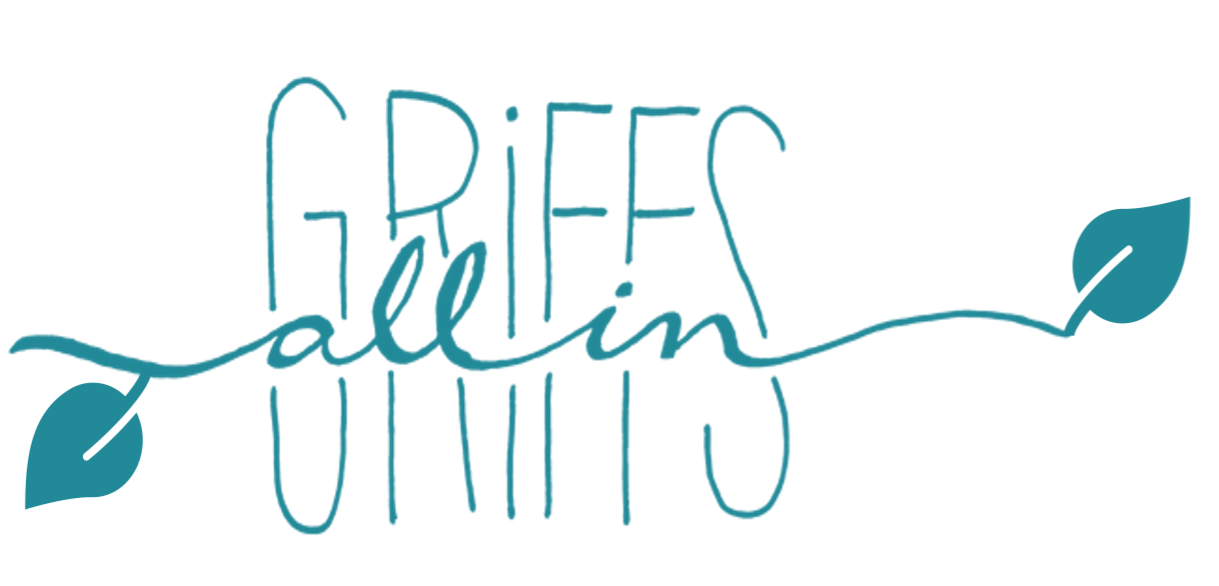Burning Out
When we were new homeowners, my dad gave me a toolbox with a bunch of tools. Some of them I knew how to use right away. Screwdriver? Of course. But the awl and the countersink drill bit and many more (of which I didn’t even know the names), I had no idea. They sat in the box. There were times I could have used some of those tools, if only I had known how!
In missions work, so much time and energy is given to training, fundraising and deployment. But many workers lack the tools, or the awareness on how to use those tools, when it comes to preventing and recovering from burnout.
We see first-hand how stress can affect the most dedicated and servant hearted people. How is it that some seem to bounce back, and others crash and burn? Truth be told, the statistics show that it’s a minority who have the resiliency required for cross-cultural ministry.
80% of missionaries burn out and don’t finish their term. 46% of missionaries have been diagnosed with a psychological issue, and of those 87% are diagnosed with depression. (Free Rain Int’l)
We are learning that we must integrate burnout prevention and self-care measures as an essential part of training for missionaries. Because, as we say in our ministry, thriving gospel mission comes through flourishing gospel missionaries. In other words, if “faith comes from hearing, and hearing through the word of Christ” (Romans 10:17), we believe that those who are speaking the gospel need to be able to live out their calling well!
Resiliency is Key
We are advocates for proactive care rather than only responding when a crisis arrives. Unavoidable crises do happen, but much can be done to reduce and mitigate the risks and build resilience before we reach that point.
Human resiliency is the ability to face reality, to engage with and grow through life’s challenges and adversities via inner strength, social support, coping skills, and core beliefs and values, including life purpose and spiritual meaning. (O’Donnell and O’Donnell, Member Care Associates)
We can have great awareness around something – like what’s causing our stress – but lack the tools to address it. And we can even have the tools but lack the knowledge on how to implement them.
What are the Tools?
When it comes to burnout, there are four common strategies that most people use, but they can be the equivalent of trying to use a hammer for a paintbrush!
However, there are four stronger strategies (from Mission Resource Network), which require specific tools; one’s which we are actively working on equipping workers – and ourselves – with.
Here’s a brief overview, with a deeper dive into each one – and the necessary tools – coming in subsequent posts:
(click to enlarge)





